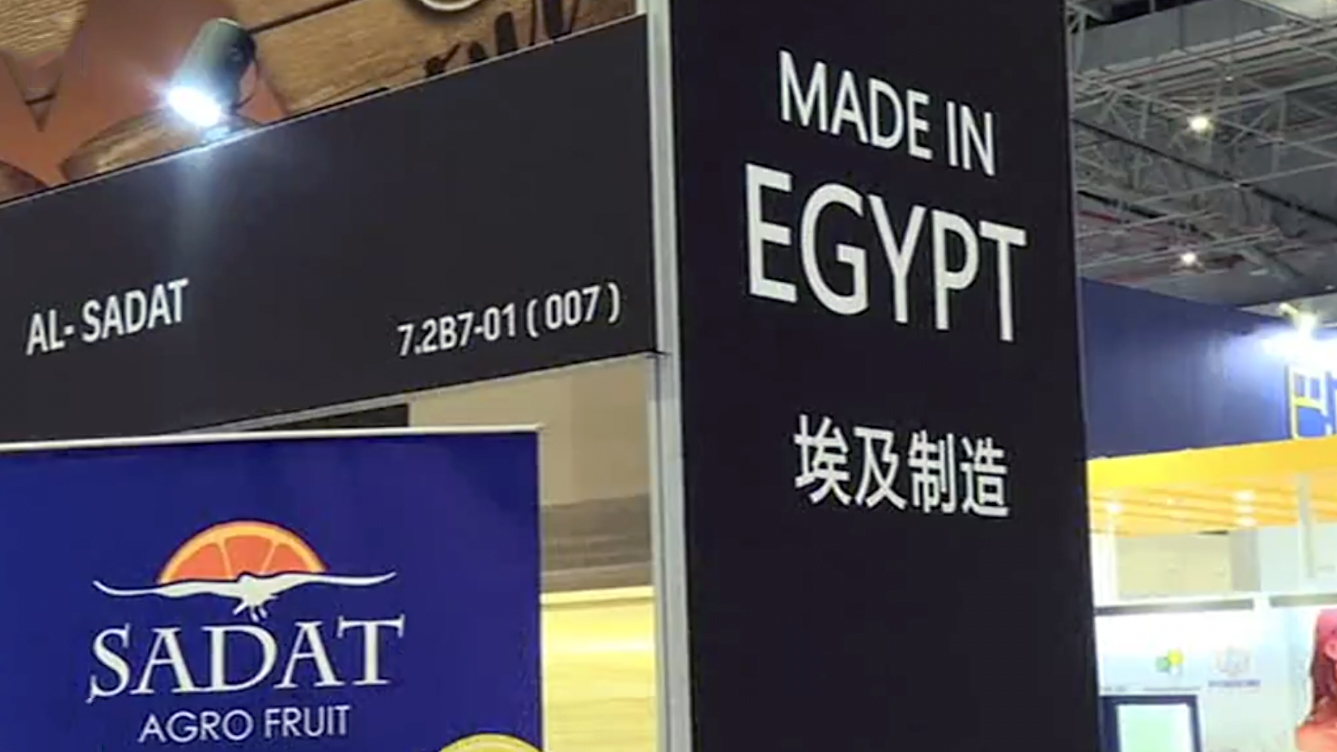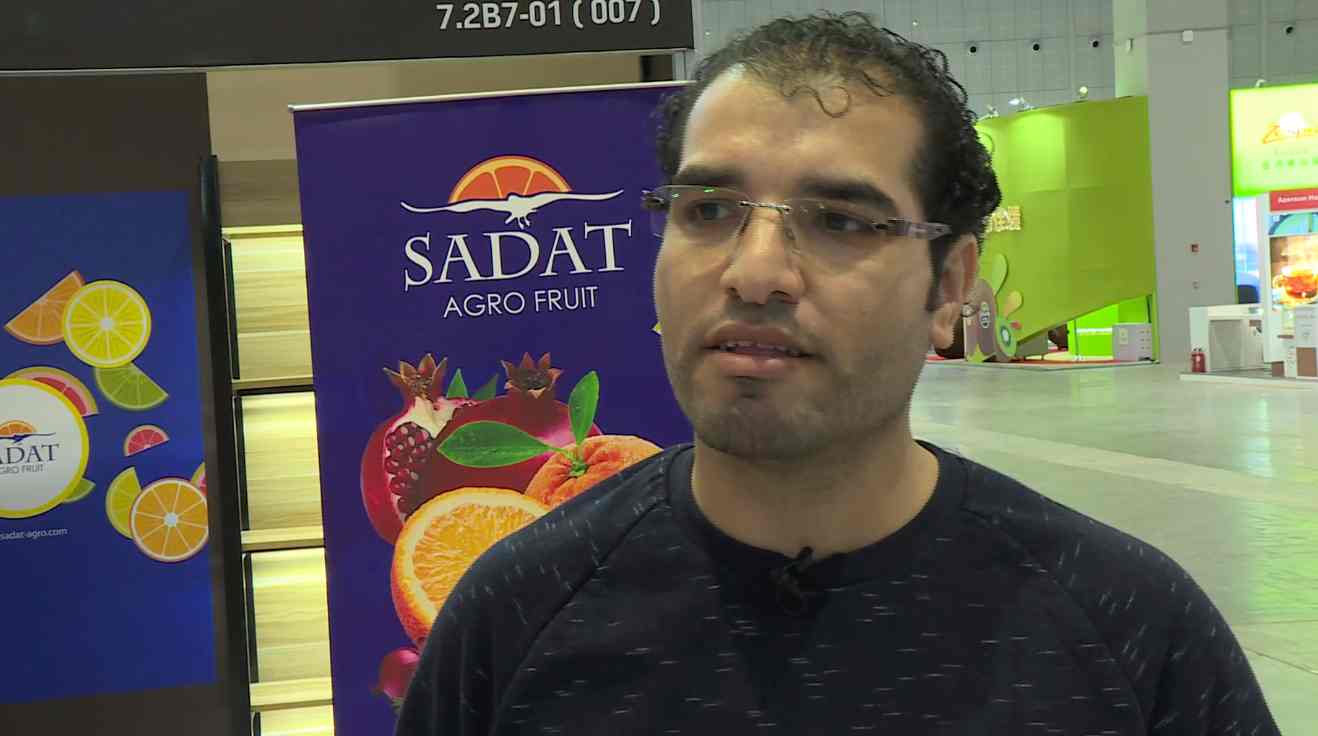
Business
19:47, 04-Nov-2018
CIIE: Africa opportunities and challenges
Updated
19:22, 07-Nov-2018
CGTN's Ramah Nyang
02:43

November 5 marks the start of the China International Import Expo (CIIE) – an event African governments and businesses see as an opportunity to boost exports into China and rebalance the composition of bilateral trade.
Africa trade volumes fell by 40 percent from 215 billion US dollars in 2014, down to just 128 billion US dollars, in 2016. Rebalancing the trade flow would involve greater exports of a range of products from economies on the continent. Now African countries such as Egypt, are trying to either get in or expand market access in China.
Ideally, focusing on manufactured, industrial goods is the traditional way of building an export-led economy. Japan did it. So did Germany. So has China.
However, as a percentage of GDP, manufacturing sectors across most African economies, with the exception of Egypt, Morocco, South Africa and a handful of others – tends to be small, at the same time hobbled by a range of issues, from poor logistics to the high cost of energy.
If exports are to grow, the continent which is home to the biggest amount of unused arable land, has to turn to agriculture.
Java, a coffee chain set up in Nairobi which has now expanded into East Africa, is keen on exploring the Chinese market, according to Bloomberg, and they are not the only one.
Some entrepreneurs, such as Haitham El Sadany from Egypt, are already exporting citrus fruits to China.

Haitham El Sadany, managing director of Sadat Agro Fruit. /CGTN Photo
Haitham El Sadany, managing director of Sadat Agro Fruit. /CGTN Photo
He said that China is a big market which gets citrus from Egypt, South Africa, and even America. For Egypt, “especially this year,” he says, “they will be competitive because our price and our costs will be less than America because of customs.”
Exporting fruits is one aspect, but most governments would prefer to export finished, value-added produce. Kellogg's, for instance, uses Egypt as a manufacturing base for breakfast cereals that are exported as far as Japan. China, however, is a market they're yet to get into.

Khaled Shawky,export director of Kellogg's in Egypt. /CGTN Photo
Khaled Shawky,export director of Kellogg's in Egypt. /CGTN Photo
Khaled Shawky, the export director for Kellogg's in Egypt pointed out that even though they export to other markets, it is vital to understand the local consumption preferences here in China.
“We are here to test the Chinese market and to know the culture of the people better,” he said.
Much as agriculture may be a strong long-term edge for African firms keen to export into a market of well over 1.3 billion people, it comes with trade issues of its own. After Kenya's president expressed his desire to shield Kenyan fishermen from tilapia exports from China in October, the East African country announced it would not approve any import applications for the fish species from the first of January 2019. Much as there are opportunities for the next evolution of bilateral trade, there clear are challenges ahead as well.

SITEMAP
Copyright © 2018 CGTN. Beijing ICP prepared NO.16065310-3
Copyright © 2018 CGTN. Beijing ICP prepared NO.16065310-3